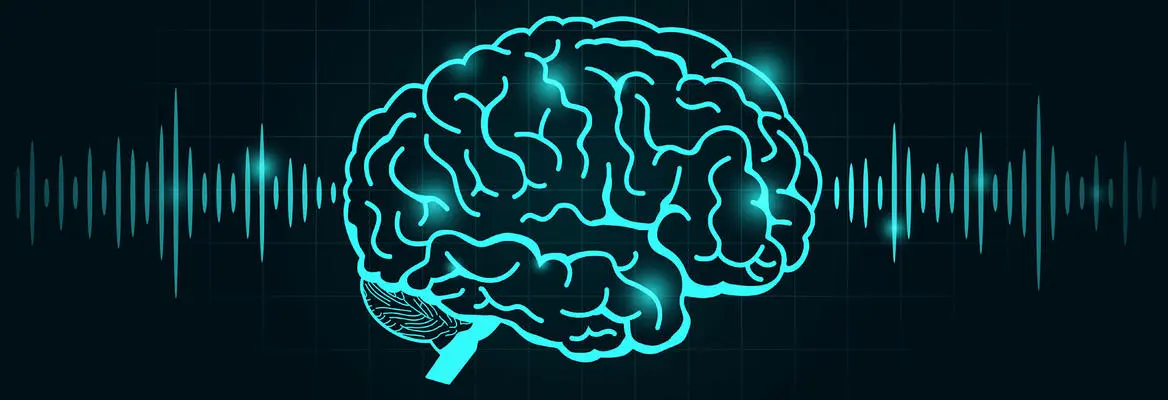Is the hard problem of consciousness as hard as it seems? Can we rely on science to solve it, or must we look elsewhere for satisfactory answers? Philip Goff repsonds to Peter Vickers' recent IAI News piece. Read Bernardo Kastrup's response here.
It’s broadly agreed that consciousness poses a profound challenge to contemporary science: a ‘hard problem’ as David Chalmers famously put it. Some theorists, including myself, think we need to radically rethink our scientific picture of the universe in order to solve it. Others think we should plug away with our standard methods of investigating the brain and gradually chip away at the problem until one day we wake up to find the problem’s no longer there.
Peter Vickers, in an interesting recent piece for IAI, takes a nuanced middle way. We should recognize that the hard problem is a philosophical problem and that as such it should be sharply distinguished from problems that can be tackled with scientific methods. In terms of the latter, we can gather hard evidence that may ultimately command consensus; we are sometimes even able to settle matters and thereby add to the body of knowledge we teach to our undergraduates.
But on the philosophical question of whether materialism, dualism, panpsychism or idealism is true, we have to accept that, whilst there may be reasons that point to one or other view, ‘the reasons are ‘philosophical’ and so of limited persuasive power.’ In the absence of strong evidence supporting one or other of these theories, we ought simply to be agnostic as to which is true.
We are not here talking about the science of consciousness, but about the philosophy of consciousness.
It is of course correct that there’s no consensus among philosophers on the correct theory of consciousness. But there is in fact a point of consensus which Vickers doesn’t bring to our attention. Philosophers of consciousness are almost unanimous in thinking the following view is false:
Temporary Hard Problem – There is a hard problem but our current scientific approach will solve it.
This is very significant, as it seems to me that ‘Temporary Hard Problem’ is a very popular view amongst scientists and science enthusiasts. This mismatch is part of the reason I’m pretty confident there’s a revolution on its way.
99% of philosophers working on the hard problem fit into one of the following three camps:
None of these groups holds the ‘Temporary Hard Problem’ view. The first two think there isn’t a hard problem; the latter hold that there is a hard problem and radical change is needed to solve it.
This is a very significant respect in which non-expert opinion is out of step with expert opinion. Remember, we are not here talking about the science of consciousness, but about the philosophy of consciousness. Among those who’ve spent their careers studying the hard problem – reading and writing peer-reviewed articles, having their talks critically analysed at conferences – almost all of them have reached the conclusion that ‘Temporary Hard Problem’ just doesn’t make sense. A lot of this comes from thinking hard about the implications of each possible response to Frank Jackson’s knowledge argument (I’ve written this blog post explaining the technicalities in more detail). The more you study this topic, the more you realise that you have to make a choice. Either there is no hard problem – because consciousness doesn’t exist or there is no deep difficulty accounting for it – or there is a hard problem and we need a radically new theory of reality to address it.



















Join the conversation